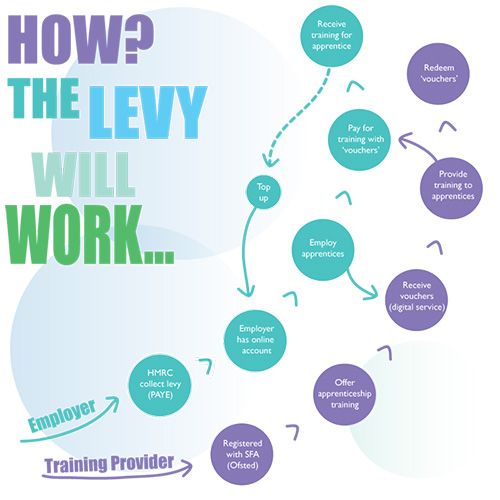
 Teething problems with the Apprenticeship Levy are not the main reason for disappointing apprenticeship numbers, according to the Building Engineering Services Association (BESA).
Teething problems with the Apprenticeship Levy are not the main reason for disappointing apprenticeship numbers, according to the Building Engineering Services Association (BESA).
A 25% fall in apprenticeship starts this year is a bitter blow to the government’s plans for creating three million new apprentices by 2020 and led to heavy criticism of the Apprenticeship Levy.
The Department for Education (DfE) revealed that new apprenticeships had dropped to 194,100 in the first half of the current academic year, but said the success of its strategy could not be properly judged until the full year’s figures are released in November.
Business leaders were scathing and the CBI called for the Apprenticeship Levy to be scrapped. Many small and medium enterprises (SMEs) said they were struggling to access the funding and that much of the training on offer by the 2,500 recognised providers was not fit for purpose.
BESA, however, believes the government is, more or less, on the right track.
“The figures are disappointing, but apprenticeships are going through a time of unprecedented change,” said president, Tim Hopkinson.
“It is not just the Levy itself that is at fault. Employers are finding the changes challenging and too many training providers still deliver courses that are simply not relevant to the modern workplace.
“SMEs, in particular, are just starting to get their heads around how the funding from the Levy works – and the impact of larger employers passing on a share of their funds to supply chain partners has not kicked in yet. That could be a game-changer.
Rather than scrapping the Levy, which is designed to raise £3 billion a year to fund the training of a new generation of skilled workers, there should be renewed focus on making sure employers can access the funds, according to BESA.
